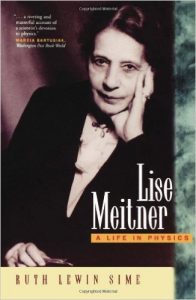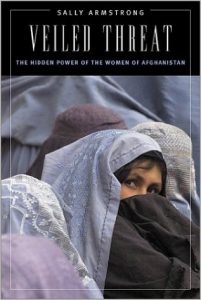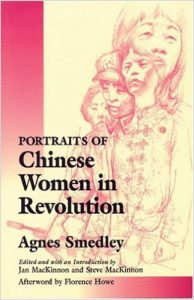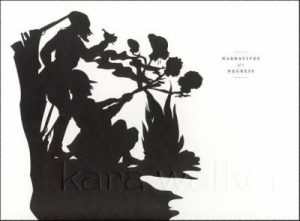This Theme Thursday features the story of yet another scientist whose contributions were credited to a man with whom she worked. From the book cover: “Lise Meitner (1878-1968) was a pioneer of nuclear physics and co-discoverer, with Otto Hahn and Fritz Strassmann, of nuclear fission. Braving the sexism of the scientific world, she joined the prestigious Kaiser Wilhelm Institute for Chemistry and became a prominent member of the international physics community. Of Jewish origin, Meitner fled Nazi Germany for Stockholm in 1938 and later moved to Cambridge, England. Her career was shattered when she fled Germany, and her  scientific reputation was damaged when Hahn took full credit—and the 1944 Nobel Prize—for the work they had done together on nuclear fission. Ruth Sime’s absorbing book is the definitive biography of Lise Meitner, the story of a brilliant woman whose extraordinary life illustrates not only the dramatic scientific progress but also the injustice and destruction that have marked the twentieth century.”
scientific reputation was damaged when Hahn took full credit—and the 1944 Nobel Prize—for the work they had done together on nuclear fission. Ruth Sime’s absorbing book is the definitive biography of Lise Meitner, the story of a brilliant woman whose extraordinary life illustrates not only the dramatic scientific progress but also the injustice and destruction that have marked the twentieth century.”
Ruth Lewin Sime’s Lise Meitner: A Life in Physics gives Meitner a full-scale biography wherein we learn that she discovered the element protactinium. Drawing from correspondence between Meitner and Hahn, Sime reveals that Hahn had been initially stumped by what happened to the uranium he fired neutrons at; Meitner wrote back with the explanation. So, in effect, Sime has constructed here an admirable restorative of scientific credit, though she pounds a bit much on poor Hahn. We see Meitner’s true import to the flow of nuclear research of the period, in which she was a premier experimentalist, investigating the theories of Bohr, Planck, and others. Sime also adeptly conveys the private side of Meitner’s storm-tossed 90-year life, through all of which Meitner kept a humane perspective and a solid group of friends.







